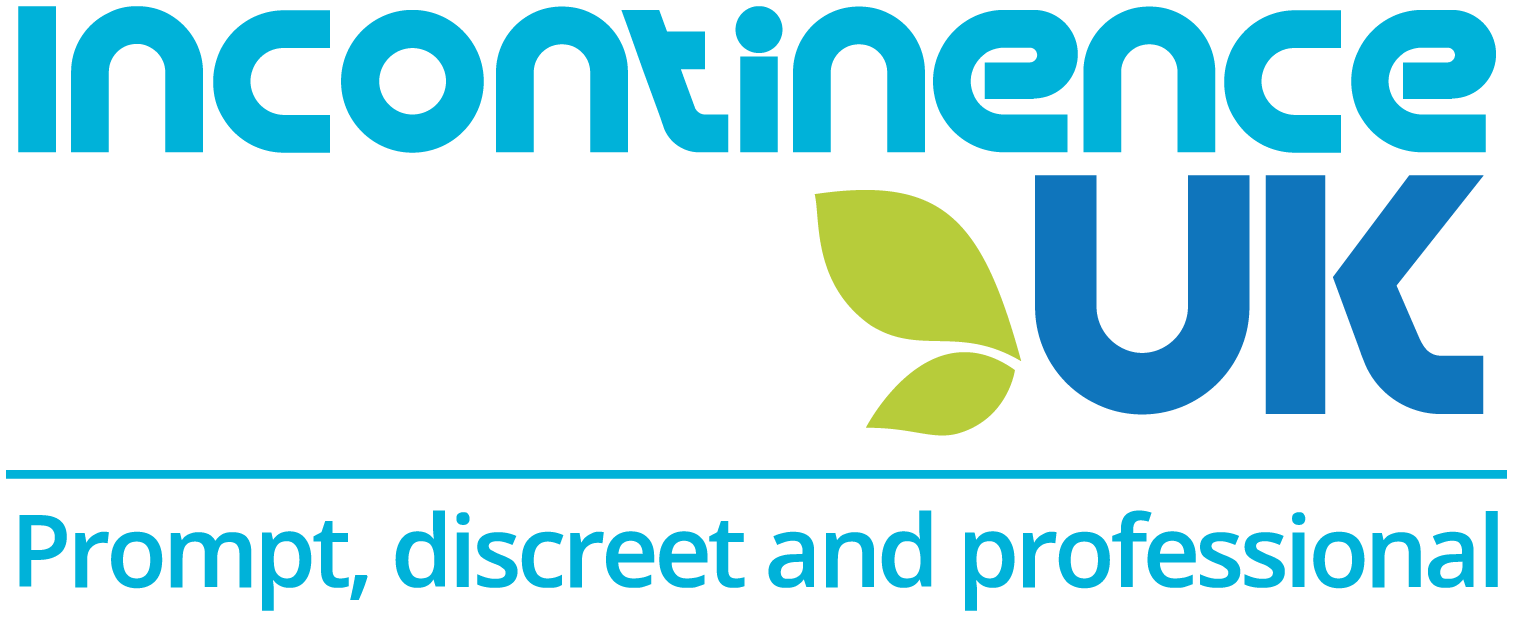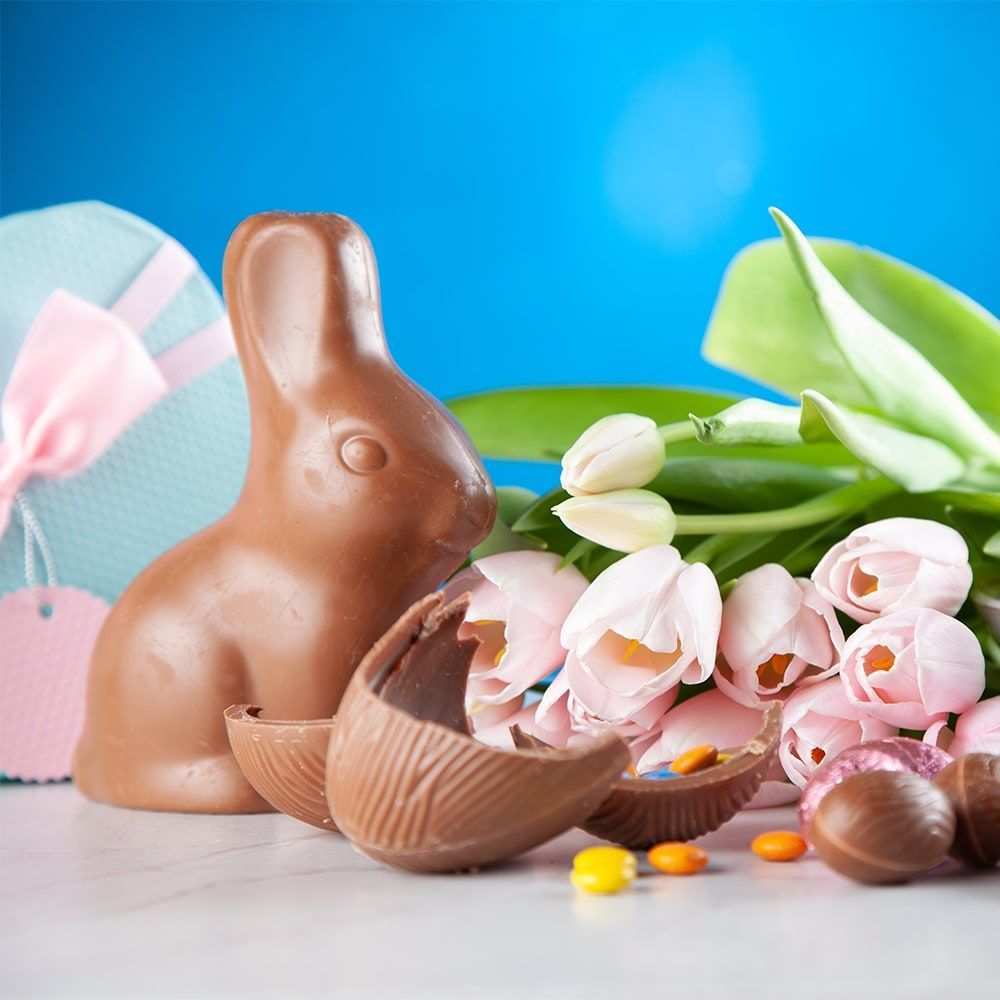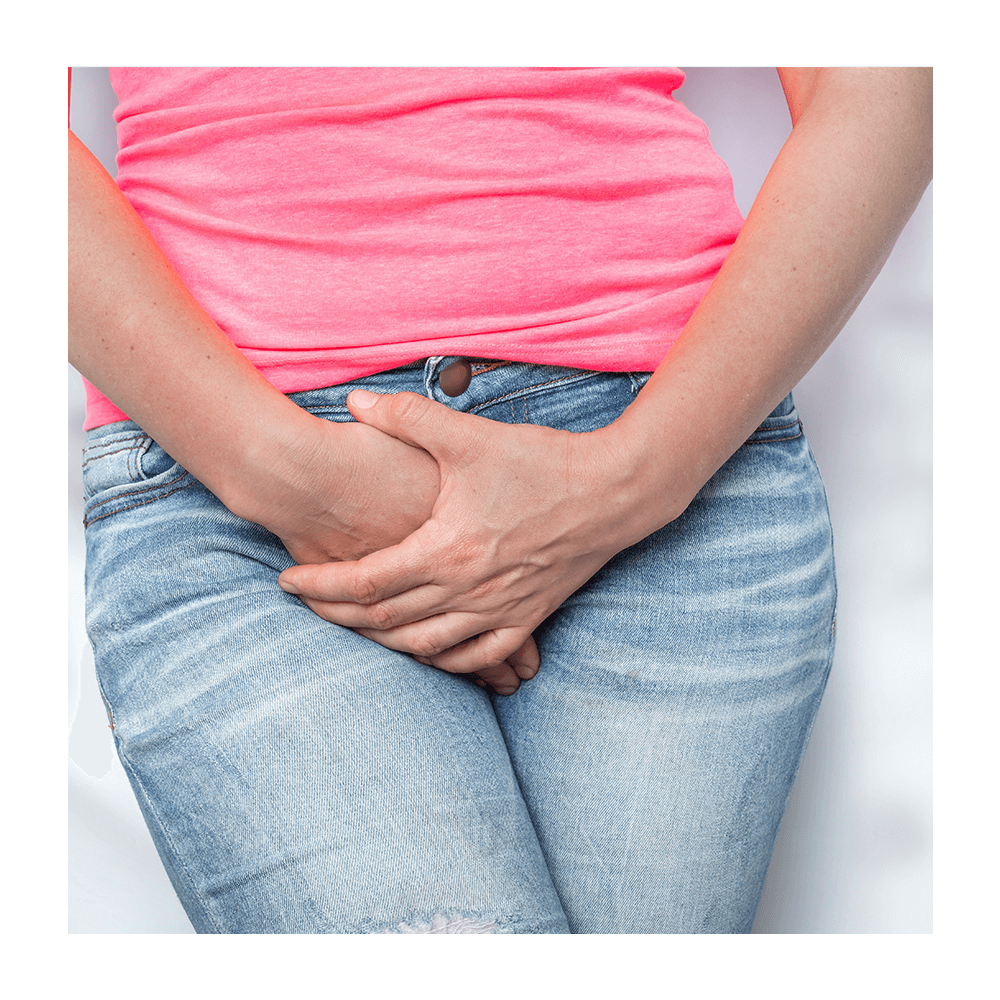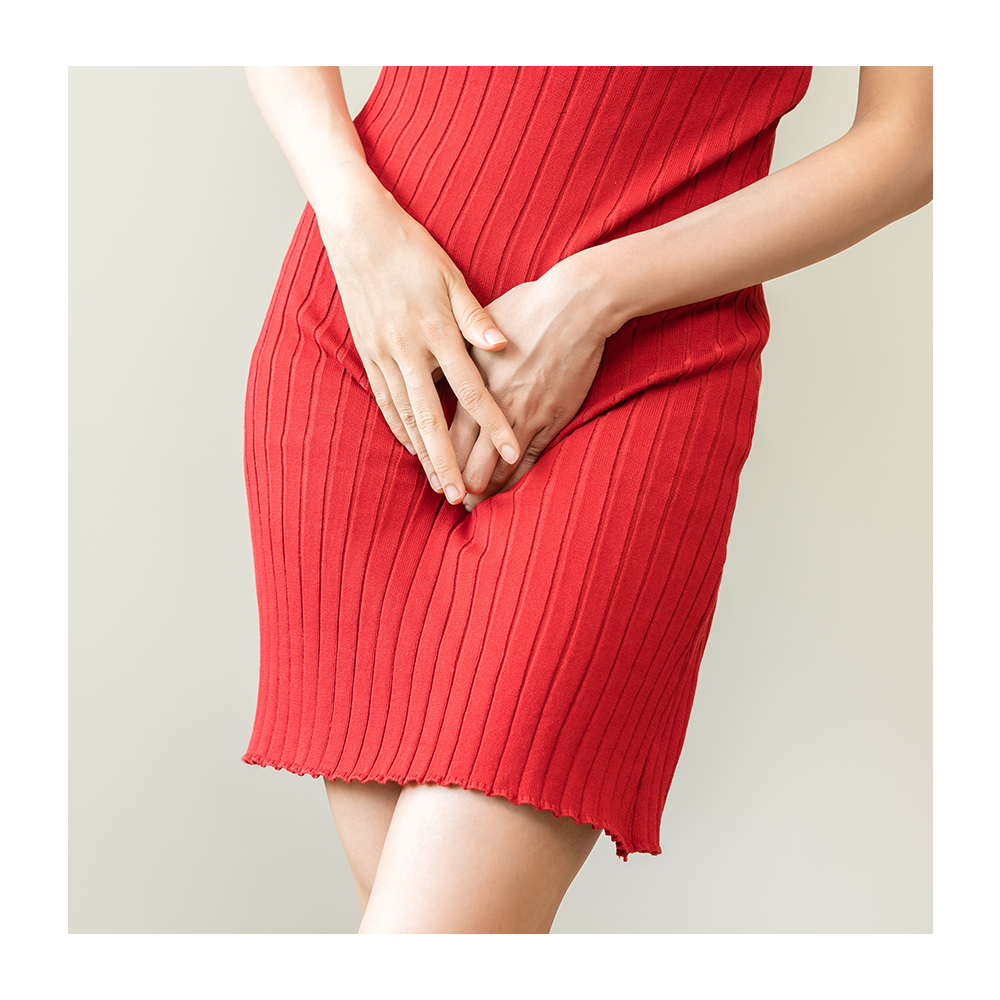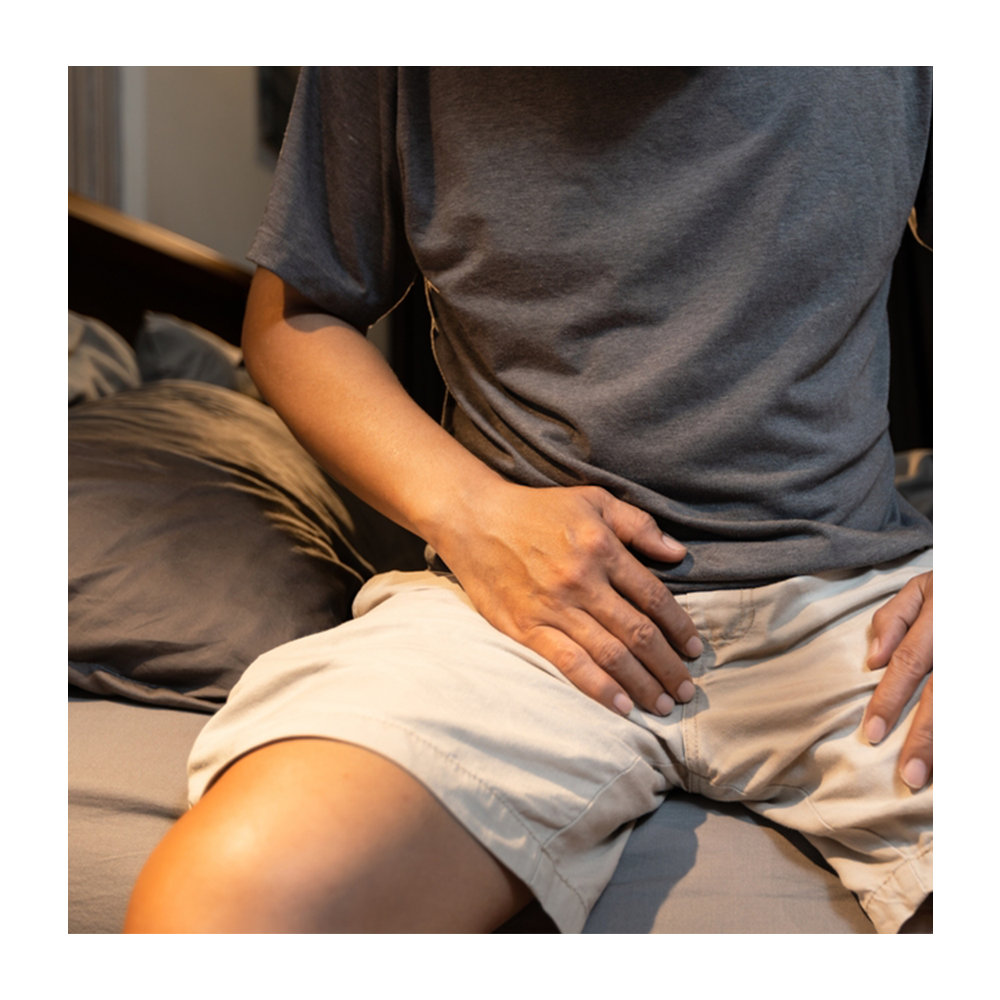16 June 2017
Pregnancy & childbirth - the effects it may have on your bladder
At Incontinence UK we understand that some women during and after pregnancy can experience a little urine leakage and some incontinence issues. So we have put together this guide in order to help those who need it manage this issue. Stress incontinence is the most common form to affect women during and after pregnancy.
Stress incontinence is the involuntary leakage of urine that occurs during physical activity. This the most common type of incontinence and one a lot of women who have had children will relate to. Urine leaks during coughing, sneezing and laughing, when lifting heavy objects or in any sort of exercise that puts pressure on the bladder.
Main Causes
The weight of pregnancy is a major contributor. During the third trimester the uterus rests on the bladder and its supporting ligaments, causing the ligaments and surrounding muscles to stretch.
When those structures become too relaxed they're less effective at supporting the bladder, which in turn can lead to bladder weakness.
Constipation, which is common in pregnancy can also put a strain on your pelvic floor.
If you had a vaginal delivery, the stretching that can occur during the birth, can also make the problem worse and even if you have a caesarean birth you can still experience incontinence as the stretching and weakening of the muscles will have taken place during pregnancy.
How Long For?
In most cases, women find they are back in control again within three to six months, after their body has had a chance to recover.
Can I prevent this?
Strengthening your pelvic floor muscles will help to prevent incontinence after your baby has been born.
To strengthen your pelvic floor muscles draw in the muscles around your back passage, as if you are trying to avoid passing wind, while pulling up the muscles around your vagina as if you were stopping the flow of urine; hold for a few seconds, then repeat eight times – at least three times a day.
Can accidents be avoided?
Changing your diet may help reduce incontinence. Alcohol, caffeine, foods containing a lot of acid such as grapefruit, and spicy foods can all irritate your bladder.
Losing weight if you are overweight can also help.
Drink plenty of water. The more concentrated your urine is, the more irritating it is to your bladder. Try to drink enough so that your urine is pale-yellow or clear.
Bladder Training
This teaches you how to manage incontinence by lengthening the amount of time between each wee. It helps increase the amount of urine your bladder can hold and improves your control over the urge to urinate.
If you are suffering from incontinence either during or after your pregnancy don’t worry
experience a little urine leakage and some incontinence issues. So we have put together this guide in order to help those who need it manage this issue. Stress incontinence is the most common form to affect women during and after pregnancy.
Stress incontinence is the involuntary leakage of urine that occurs during physical activity. This the most common type of incontinence and one a lot of women who have had children will relate to. Urine leaks during coughing, sneezing and laughing, when lifting heavy objects or in any sort of exercise that puts pressure on the bladder.
Main Causes
The weight of pregnancy is a major contributor. During the third trimester the uterus rests on the bladder and its supporting ligaments, causing the ligaments and surrounding muscles to stretch.
When those structures become too relaxed they're less effective at supporting the bladder, which in turn can lead to bladder weakness.
Constipation, which is common in pregnancy can also put a strain on your pelvic floor.
If you had a vaginal delivery, the stretching that can occur during the birth, can also make the problem worse and even if you have a caesarean birth you can still experience incontinence as the stretching and weakening of the muscles will have taken place during pregnancy.
How Long For?
In most cases, women find they are back in control again within three to six months, after their body has had a chance to recover.
Can I prevent this?
Strengthening your pelvic floor muscles will help to prevent incontinence after your baby has been born.
To strengthen your pelvic floor muscles draw in the muscles around your back passage, as if you are trying to avoid passing wind, while pulling up the muscles around your vagina as if you were stopping the flow of urine; hold for a few seconds, then repeat eight times – at least three times a day.
Can accidents be avoided?
Changing your diet may help reduce incontinence. Alcohol, caffeine, foods containing a lot of acid such as grapefruit, and spicy foods can all irritate your bladder.
Losing weight if you are overweight can also help.
Drink plenty of water. The more concentrated your urine is, the more irritating it is to your bladder. Try to drink enough so that your urine is pale-yellow or clear.
Bladder Training
This teaches you how to manage incontinence by lengthening the amount of time between each wee. It helps increase the amount of urine your bladder can hold and improves your control over the urge to urinate.
If you are suffering from incontinence either during or after your pregnancy don’t worry as we can help. Please visit our Incontinence UK website to see our range of incontinence products that help make life with this condition a little easier. We stock a variety of products from well-known brands including small disposable insert incontinence pads (TENA Lady, Depend Active Fit) that can fit into your own underwear or washable incontinence pants with a built in pad.
Alternatively if you need any help or advice please don’t hesitate to contact us on 0800 068 3625 in confidence.
Best Wishes
Incontinence UK Team
www.incontinenceuk.co.uk
as we can help. Please visit our Incontinence UK website to see our range of incontinence products that help make life with this condition a little easier. We stock a variety of products from well-known brands including small disposable insert incontinence pads (TENA Lady, Depend Active Fit) that can fit into your own underwear or washable incontinence pants with a built in pad.
Alternatively if you need any help or advice please don’t hesitate to contact us on 0800 068 3625 in confidence.
Best Wishes
Incontinence UK Team
www.incontinenceuk.co.uk 